Poo & Spew

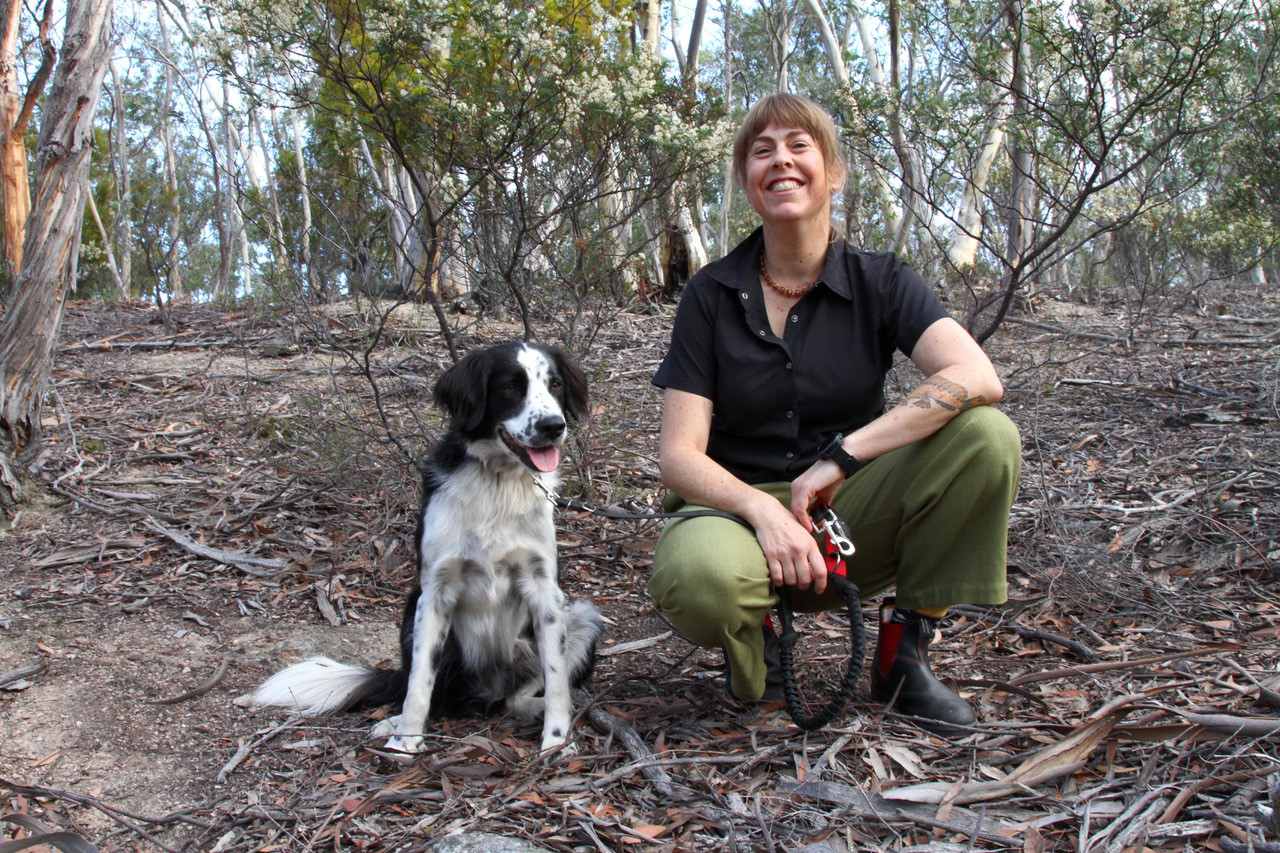
We love Nic Gill and Romane Cristescu’s new book Poo, Spew and Other Gross Things Animals Do! We think you will too! Let’s meet the authors.

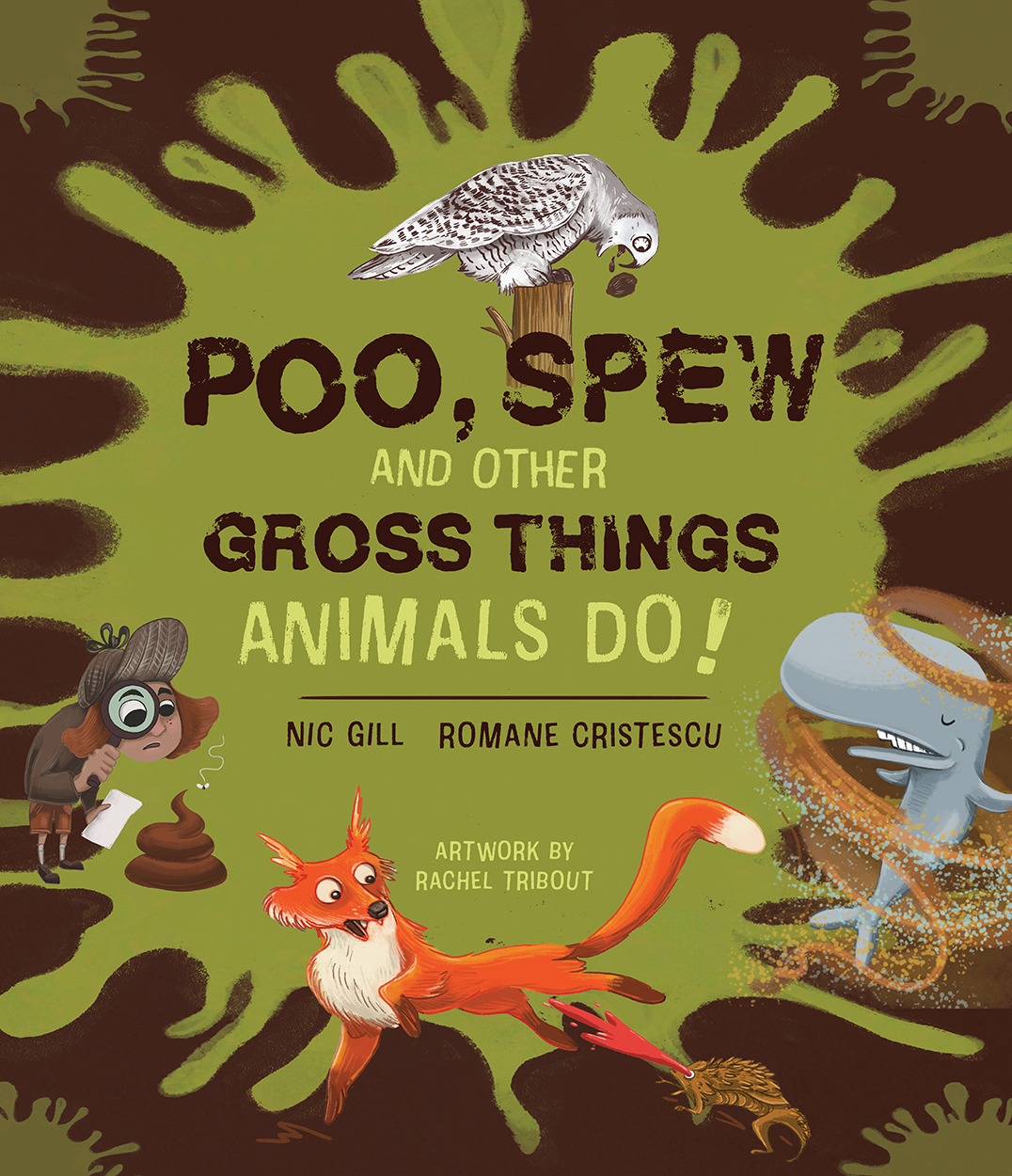
What inspired your new book?
Nic: I was chatting to the excellent Melinda Chandler from CSIRO Publishing at the Ecological Society Conference in Launceston, and we were talking about how there are so many gross, but ecologically interesting, things that animals do. “You should write a book about poo!” said Melinda, and I thought immediately of Romane, who is a poo science expert. I called her, she was appropriately overexcited, and Poo and Spew was born!
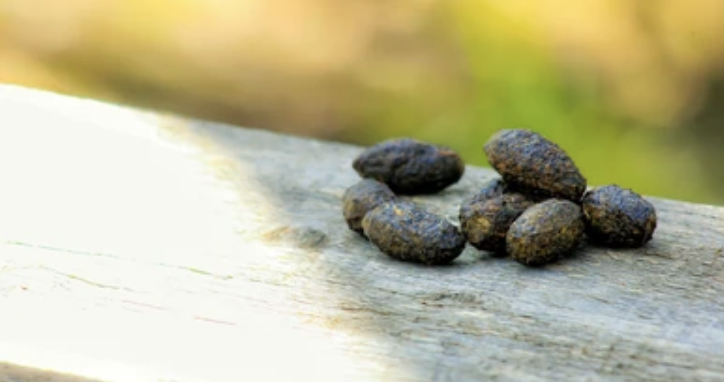
Romane: I always talk about poo! I’m an ecologist, and I work on very elusive species, in particular, koalas. That makes my job of studying them especially difficult, as I rarely see them in the bush. So ecologists like me working on rare or cryptic wildlife look for their scats, or poo. For koalas, it’s a lot easier – they poo up to 150 pellets a day, which stay around for weeks to months. There’s so much more koala poo than koalas!
Plus, fresh poo contains a wealth of information. We can determine the genetic characteristics of a koala, its sex, diseases it carries, diet, hormones, gut microbiome, it’s pretty much endless. With poo we can learn a lot about an animal without even seeing it!
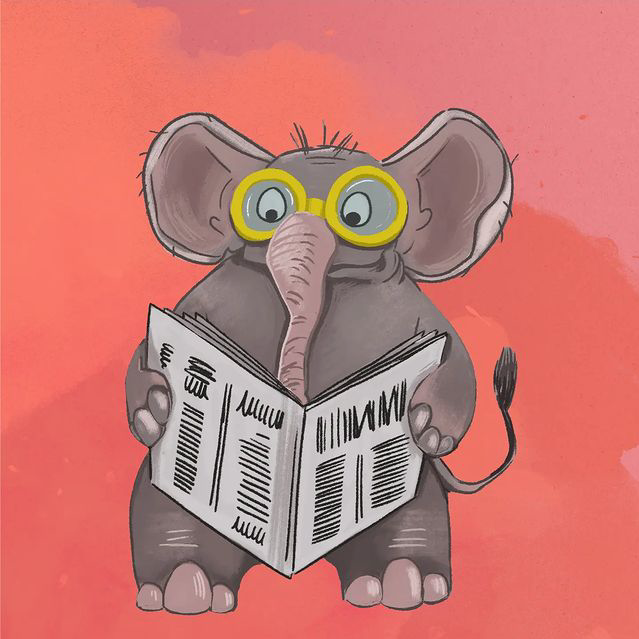
I spend a lot of time and energy searching for poo, recording data on poo, bringing poo to the laboratory for analyses and then writing papers about… well you guessed it, poo!
What reaction have you had to it?
Nic: Reactions so far have been really good! I was a bit concerned people would think it was too silly and not sciencey enough, but it’s been really well received. I did an interview with Matt Preston on ABC Melbourne recently, where I was delighted to hear that not only is he acquainted with naked mole rats, he has also engaged in impala poo spitting competitions in Botswana. Did not expect to hear that, but am 100% here for it!
A bookshop in Sydney recently posted that they think it might be their best-selling non-fiction book for the year, so fingers crossed they’re right! And as far as feedback from readers – I’m getting a lot of parents telling me their children are delighted by the gross science and are insisting on telling them about it, so that’s the best response we could get!
Romane: Everybody is disgusted of course! No, actually, many of those who have read the book just can’t believe how being gross is such a critical part of being successful for wildlife. Usually when we think about success in the wild, we think about a lion or an eagle. Top predators, strong and fast. Whereas in reality, success comes in all shapes and forms, and sometimes grossly and hilariously so.
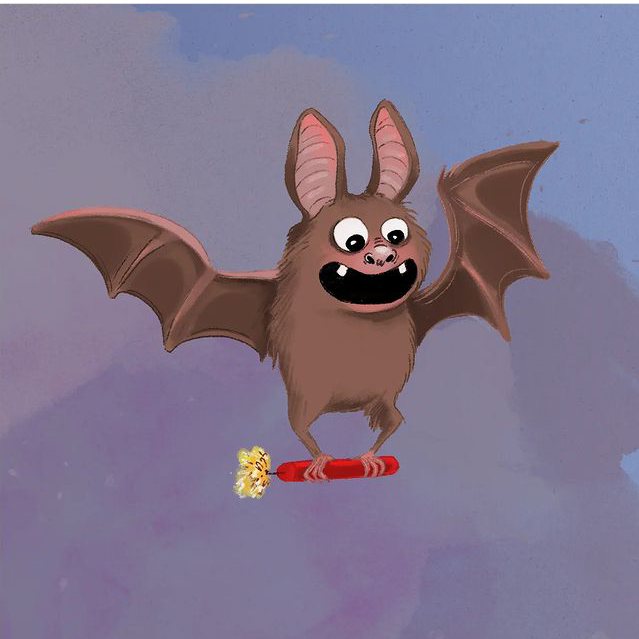
What’s your favourite gross story in the book?
Nic: My favourite at the moment is the mystery of why cats run away from their litter trays. I love that this is an unsolved mystery, and am particularly taken with the concept of “poo-phoria”. And when it comes to clever adaptations, I’m in love with Hardwicke’s woolly bats, which sleep in pitcher plants. Such a lovely, disgusting yet cosy form of symbiosis. And the photo of the bat is fantastic – look at its little face!
Romane: The fact that there are little creature living on our face (demodex mites) is a bit of a gross revelation, I think we need to not think about it too much.
What’s the grossest encounter you’ve had with an animal?
Nic: With one of my dogs! I have two working conservation dogs, Zorro and Gromit. Gromit is still young, and unfortunately still a bit obsessed with the contents of my cat’s litter tray. If I had a dollar for every time I’ve busted him stealing cat nuggets, I would have at least enough money to buy a security camera and alarm system to guard the cat’s litter box.
Romane: It was with a koala… They pee and poo in the trees, so sometimes, when you are busy collecting data under them…. well, there have been some showers incidents…

How did co-writing with work?
Nic: Romane and I split the book in half for starters, mostly choosing the sections that we thought were most entertaining or knew most about, and wrote our chapters separately. We then got together for a week on Bruny Island, where we worked together editing each other’s work.
We were also doing some field work with my dog Zorro, so would go out with him in the morning, then work on the book in the afternoon. As we were on Bruny Island, it was of course very important to make sure we sampled lots of the local cheese, which Romane was deeply opposed to.
When you first dreamed of being a writer, did you imagine you’d be writing about animal poo?
Nic: I can’t say I ever imagined I would write a book about bodily waste products. I actually don’t even particularly enjoy gross humour for the sake of it. But for some reason, when it’s gross stuff about animals and the clever things they do to survive, I can talk about that stuff for hours! Kinda hoping I don’t become that poo and spew author though. That might be a bit crap.
When you first dreamed of being a scientist, did you imagine you would be studying animal poo?
Romane: I think animal lovers like me start with a bit more of a glamourous idea of our job. We picture ourselves spending time in beautiful nature, tracking and observing stunning wildlife… But in the end, for many of us, our wild subjects are just too elusive and we end up looking at signs – frequently their poo, like me for koalas, or spew, like Nic for her masked owls.
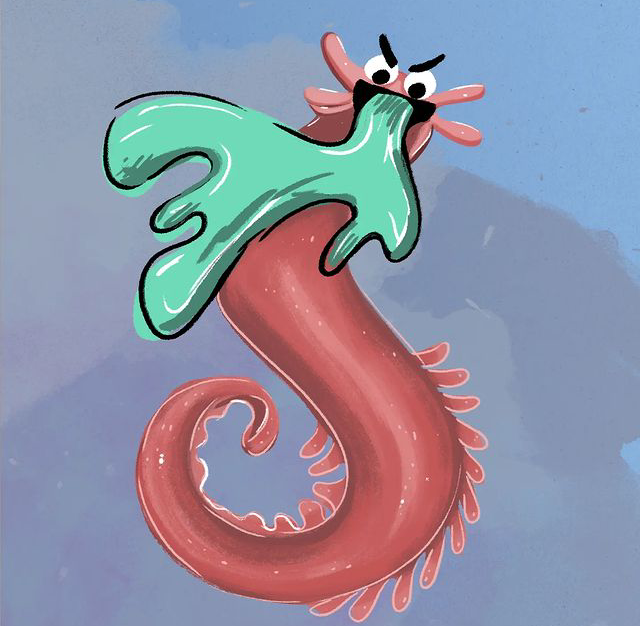
Can you tell us about your other books and nature writing?
Nic: My first book was Animal Eco-Warriors, a bunch of stories about animals who help people solve environmental problems. It was so much fun to research – I got to go out on little adventures with all these really cool scientists, dog handlers and goat shepherds to look at the environmental projects they were working on, and of course got to pat lots of animals.
I did almost lose my notebook at one stage to a particularly curious goat, who was supposed to be eating environmental weeds, but these are the risks you take as an intrepid environmental writer. I actually met Rom while I was researching this book, when I interviewed her about her amazing dog Maya, who was the first dog in the world to detect koala habitat by finding koala poo! Writing Animal Eco-Warriors also led to me shifting my career sideways, going from surveying plants by myself, to working with conservation dogs in the field.
What was the Poo and Spew launch like?
Nic: Rom came down to Tasmania, and it was an absolute poo-stravaganza. As children came in, they were given a dung beetle cut out to stick on a picture of a big poo – kind of like “pin the tail on the donkey”, but grosser.
We talked about the book, Rom spoke about her work with her koala poo detection dogs, then there was a “Know your poo” quiz, where we threw poo-shaped erasers into the audience for kids who successfully identified the droppings. My detection dog Zorro demonstrated his owl spew sniffing prowess. The event was topped off by my friend Ben dressing up as a giant masked owl pellet, and setting up a wombat pooñata, which the children hit with a broom handle with violent enthusiasm. It was exciting and slightly terrifying. Best book launch ever!
Do you ever wish you’d chosen marine science, which seems to entail more snot than poo?
Romane: No, I’ll stick to poo: it’s just so much more data rich! As scientist we are always looking at ways to understand the world better. So having access to all this info from just one little nugget, can’t go past that.
How much fun was it researching this book?
Romane: It was so much fun! Nic and I could literally not stop laughing at times! We had to do most of the book through video conference because of covid, and we would be reading and writing and suddenly one of us would burst out laughing and we were off telling each other yet another crazy hippo dung-shower, whale poo-nado or constipated lizard story.

